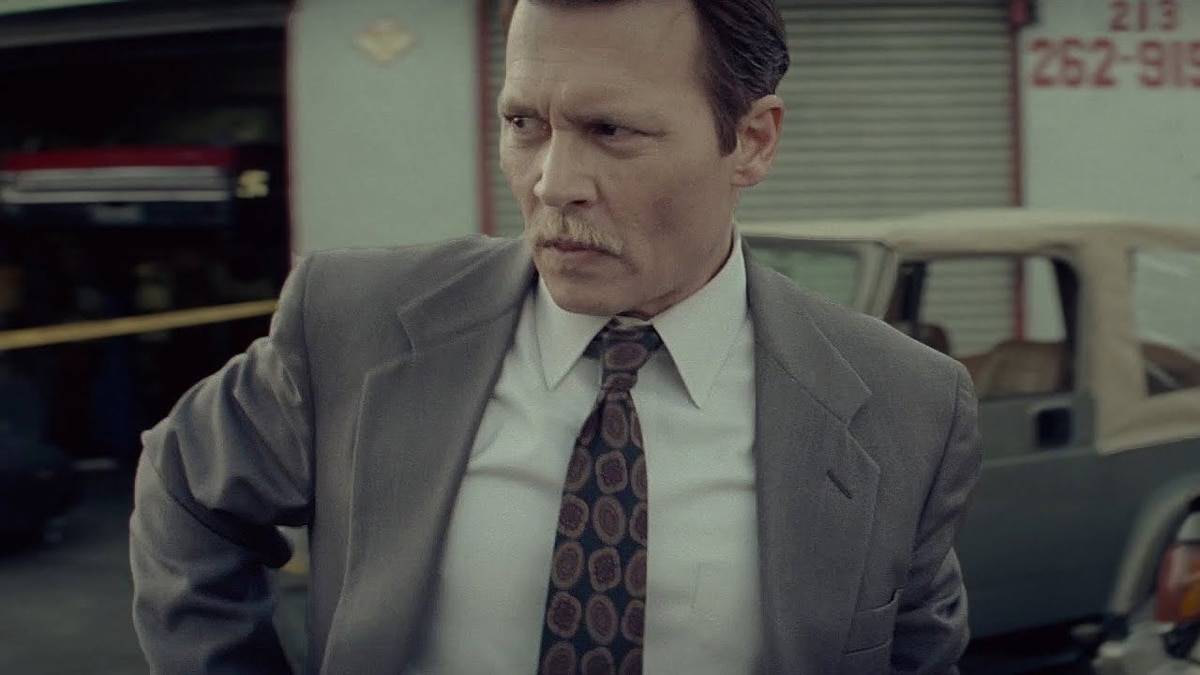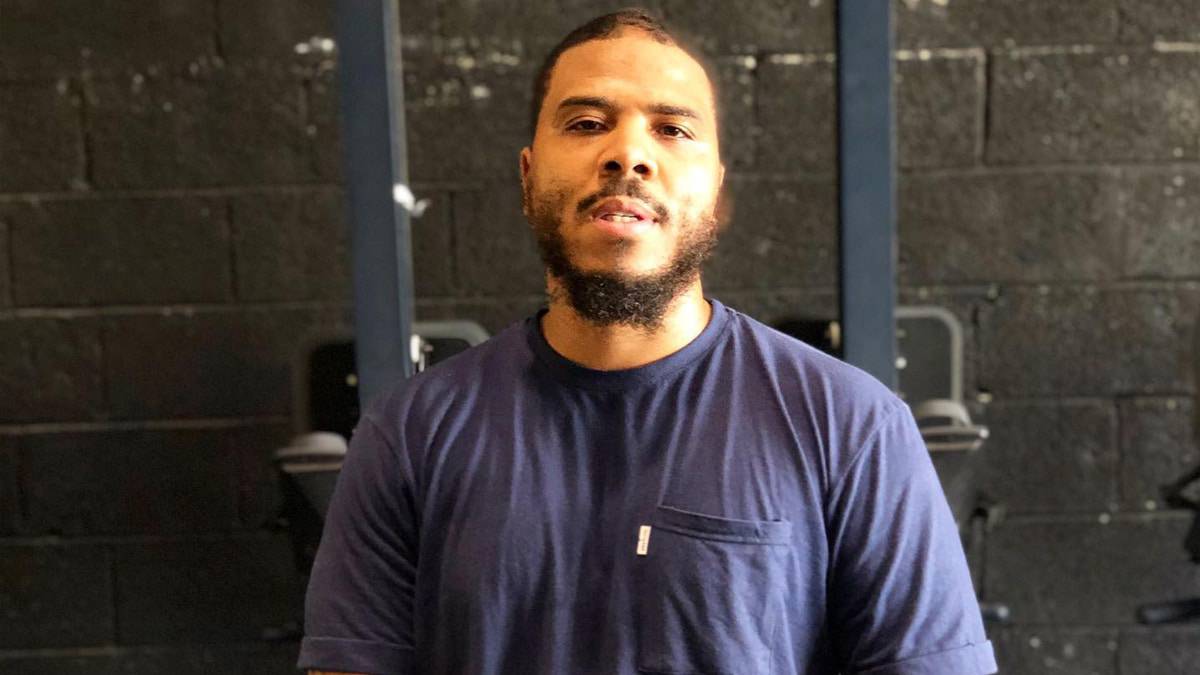City Of Lies 2021 Movie Review: A Sacrifice for Justice

The new film City of Lies chronicles Poole’s obsession, or descent into madness (depending on whom you ask), with police corruption and “alleged” involvement in Biggie’s murder.
Where to watch City of Lies:
City Of Lies Review:
I’ve followed the career of Detective Russell Poole since the early 2000s. A controversial figure in law enforcement, Poole became famous after being charged with investigating the murder of Christopher Wallace. I became fascinated with him after watching the documentary Biggie and Tupac, which painted him as an outlaw in search of justice.
The new film City of Lies chronicles Poole’s obsession, or descent into madness (depending on whom you ask), with police corruption and “alleged” involvement in Biggie’s murder. It begins with a respected and admired officer, whose pursuit of truth is lauded by peers. Poole seems to have everything, from a loving family to a highly sought after career. But then, he gives all of it up.
As the film progressed, I witnessed an apparently sober man lose his reputation. While questioned on multiple occasions by the man who became his partner in the film, Jackson, I couldn’t discern whether or not his theory had merit. But I admired his will in the face of censure. Poole’s life, in the big picture, was tragic. He spent decades on a seemingly never-ending case to die of an aneurysm while attempting to present new evidence to an officer who couldn’t accept it. And I wondered, would I have done that? Would I have had the conviction to alter the trajectory of my life, to suffer and to abstain, for an ideal?
Poole did. In the film, he concludes that members of the infamous Death Row Records and corrupt LAPD officers were involved in orchestrating Biggie’s death. And whether or not they were, there’s much to be admired about his character and achievements. Because how many of us can truthfully say that we would sacrifice our happiness to do the right thing? Poole’s story is a tragedy not because he was wrong and gave up so much, but because others couldn’t see that his beliefs mattered less than his character. I’m sure there were plenty of flaws in his reasoning and some level of arrogance too, but a man caring so much about another’s murder, a stranger’s murder, ought to result in less shame and disdain.
The film had a somber tone. And the injustice in it makes one want to sob uncontrollably. According to it, more than fifty percent of African American murders remain unsolved. Whether or not members of the LAPD orchestrated Biggie’s assassination, it should have already been solved. He deserved so much more from the “good guys.” And to think that they could’ve covered up the actions of “rogue actors” (as they’re usually called) to protect the LAPD’s image is sickening. I wondered how much wishful thinking was involved on their end, as Poole’s hypotheses never appeared to be taken as seriously as they should have been. Of course, this is a film adaptation of the case, so much of it was likely dramatized. Nevertheless, how Biggie’s murder investigation hasn’t been resolved after an over twenty year period is beyond me.
Also view: THE PERILS OF AMERICAN EXCEPTIONALISM: REVIEW OF THE MAURITANIAN
Poole argued that cases remain open when the people in power want it that way, and the conspiracy theorist in me agreed. The best part of the film was his conversation with his partner and the real Voletta Wallace, who noted that her lawsuit against the LAPD wasn’t dismissed but declared a mistrial, which mattered because the ruling didn’t imply that her and Poole’s claims were unsubstantiated. And it was a beautiful moment that perfectly captured why Poole chose his path. Simply, he took partial responsibility for Voletta’s grief. To Poole, being a cop entailed sacrifice and pride; his sense of duty superseded all other commitments. In their exchange, a traumatized mother was comforted by a man’s dignity.
I don’t know whether Russell Poole’s beliefs about LAPD corruption were right, but his efforts in exposing the corruption in their Rampart division causes me to take his assertions seriously. Overall, City of Lies was gripping, and I found myself rooting for Poole even though I already knew its ending. I wish that there were more scenes about Biggie and ‘Pac and, specifically, about the motives behind Biggie’s murder. Humans are imperfect and we see that on display repeatedly in the film. You get the sense that even if people aren’t intentionally malicious, their selfishness lies at the root of societal woes. Russell Poole, even if wrong, provides us with a blueprint of compassion, which may be the key to fixing corruption.

